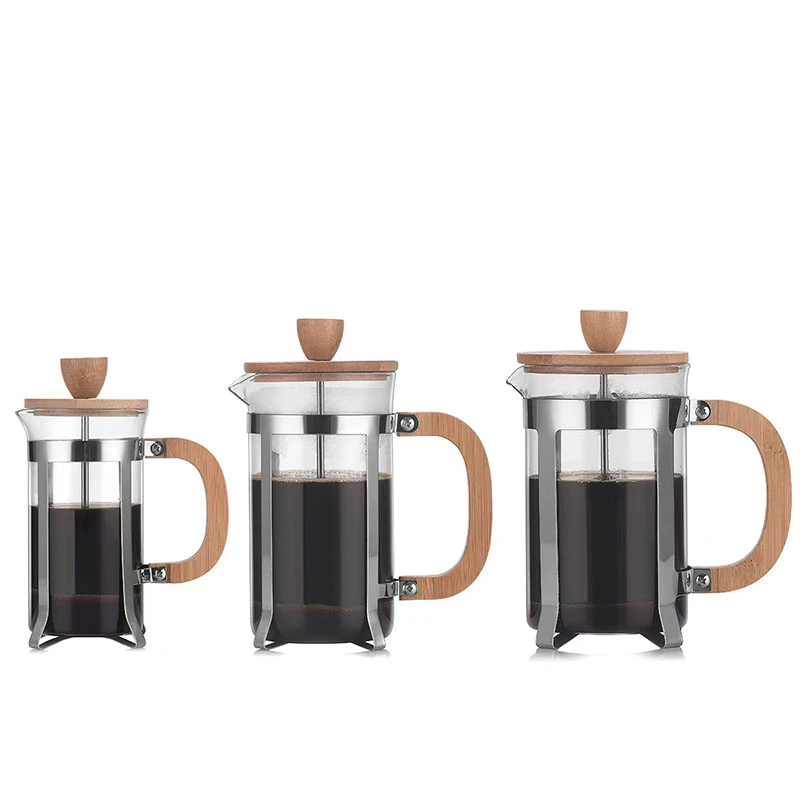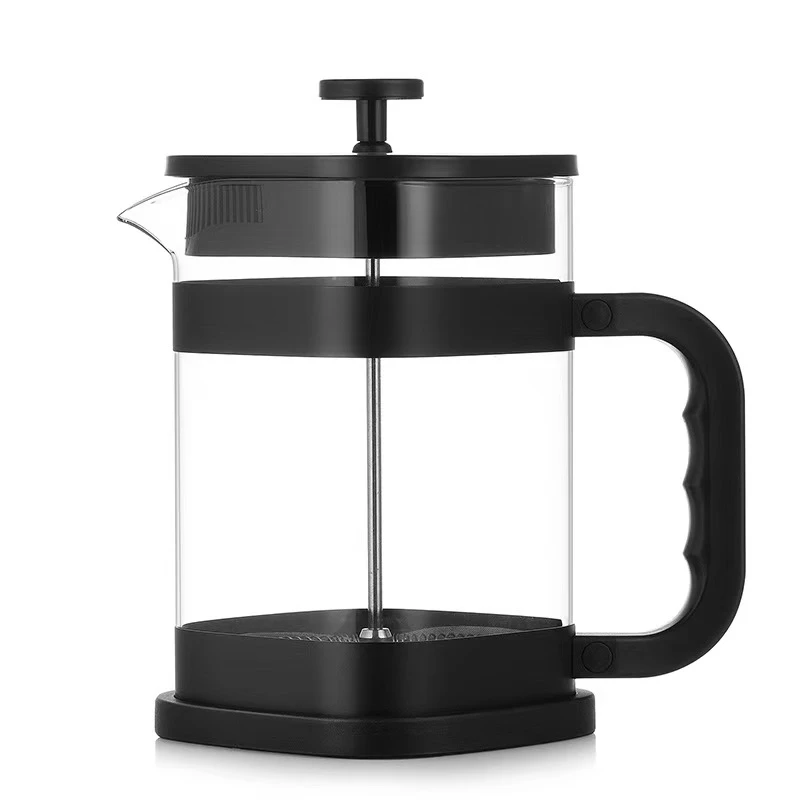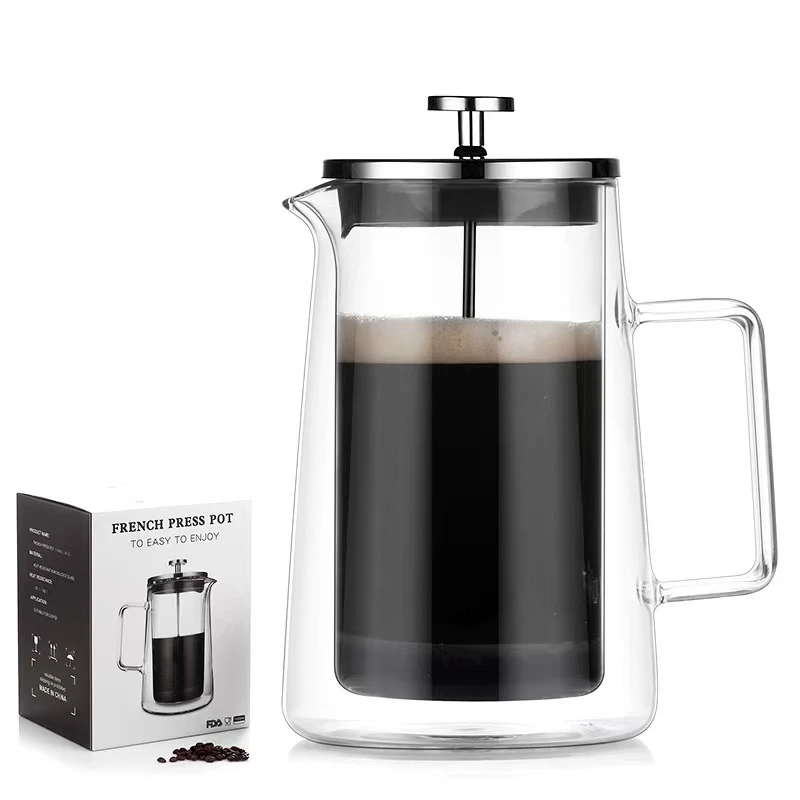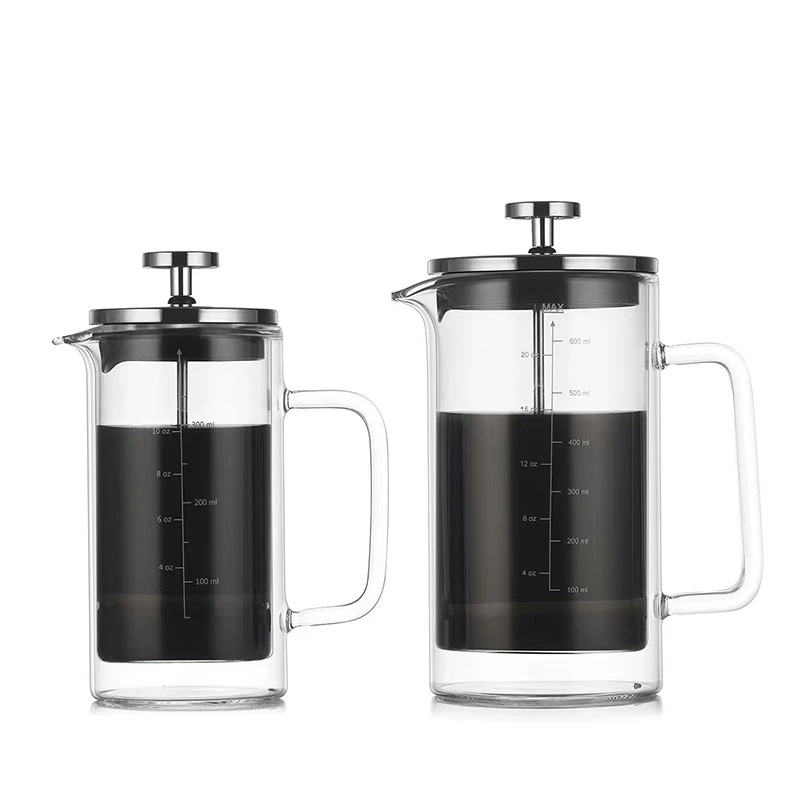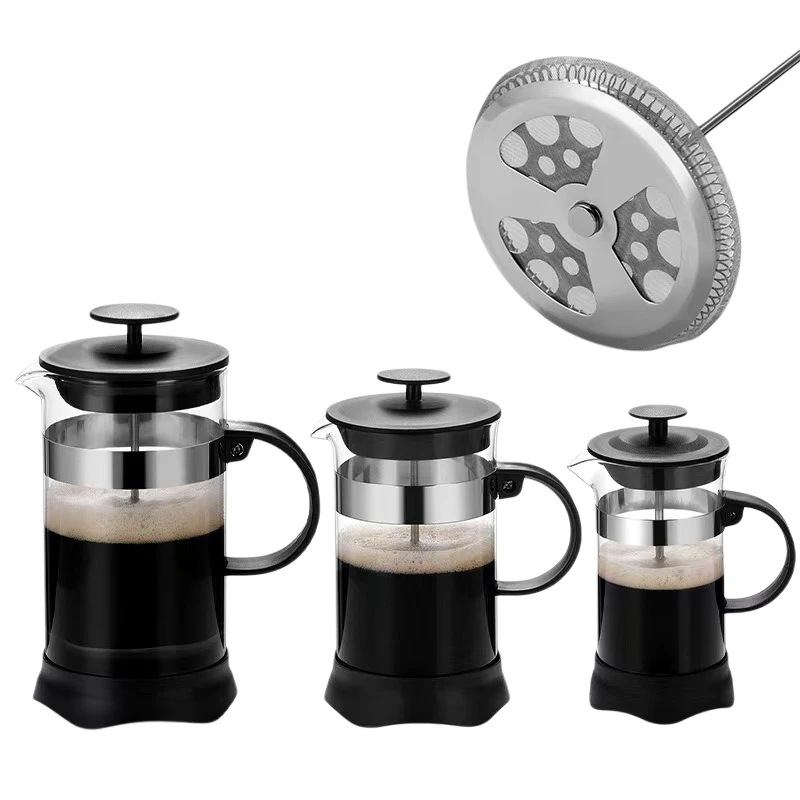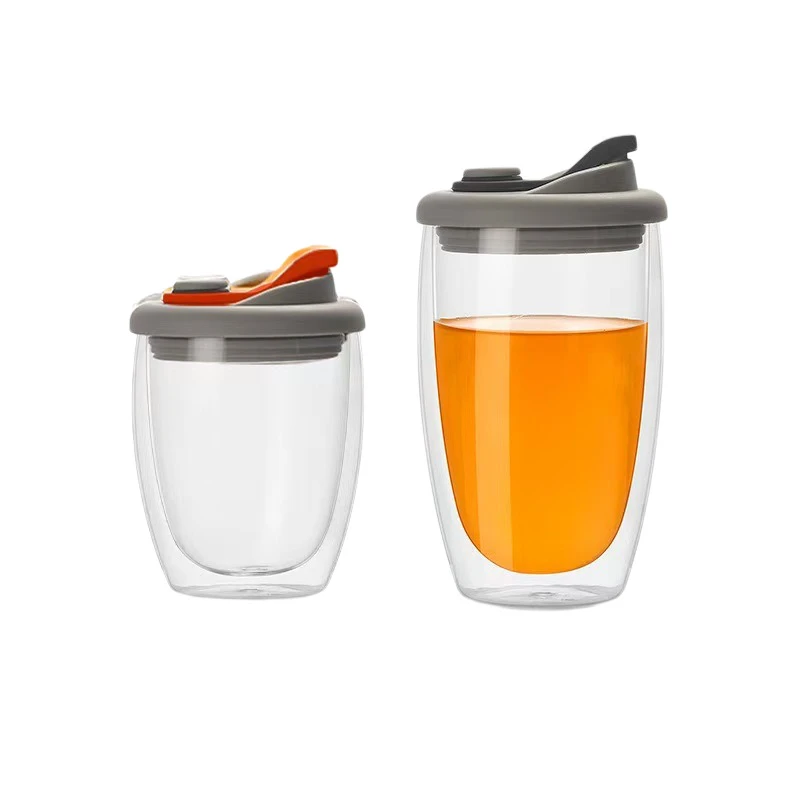 TEL: +86 311 67799298
TEL: +86 311 67799298 Email: tina@yintoglassware.com
Email: tina@yintoglassware.com
Premium Clear Glass Storage Containers - Eco-Friendly & Durable
- Importance of material innovation in food preservation
- Current market data on sustainable kitchenware
- Scientific benefits of glass vs plastic containers
- Leading manufacturers comparison analysis
- Customization approaches for different user needs
- Practical implementation scenarios in home/commercial kitchens
- Future development trajectories in food storage
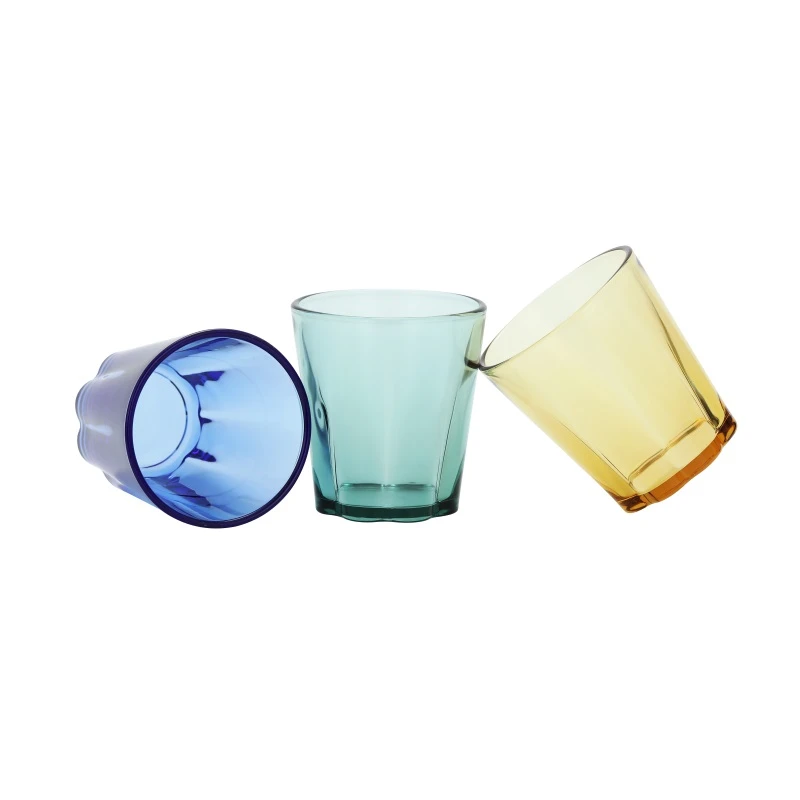
(clear glass storage containers)
The Rising Significance of Clear Glass Containers
Modern kitchens increasingly favor transparent storage solutions that combine functionality with chemical safety. Unlike plastic alternatives that raise health concerns, glass emerges as a premium solution offering uncompromised purity. Recent industry reports indicate a 17% year-over-year growth in premium glassware adoption, with the North American market projected to reach $2.8 billion by 2026. This shift reflects growing consumer awareness about endocrine disruptors found in plastic polymers. Studies published in Food Additives & Contaminants confirm that glass maintains pH neutrality even when storing acidic foods, preventing undesirable chemical migration.
Quantifiable Market Preference Shifts
Consumer behavior analytics reveal dramatic changes in food storage purchasing patterns. NielsenIQ data shows a 41% increase in premium glassware sales through mainstream retail channels since 2020. Environmentally conscious demographics drive this trend, with 78% of surveyed consumers expressing willingness to pay a 30% premium for sustainable alternatives to plastic. Restaurants have contributed significantly to this shift, with 62% of commercial kitchens replacing plastic storage entirely since 2022. The disposal rate of plastic containers decreased by 28% in municipalities with glass recycling programs.
Scientific Advantages of Glass Composition
Tempered borosilicate glass outperforms competing materials in multiple engineering parameters. Glass maintains thermal stability between -20°C to 300°C without compromising physical integrity. Material scientists highlight these advantages:
• Non-porous surface structure prevents permanent staining
• Absolute barrier against oxygen transmission
• Microwave energy transmission uniformity
• Mineral composition resists chemical etching
Independent lab tests confirm glass containers exhibit zero degradation after 600 dishwasher cycles. The molecular structure remains impervious to UV radiation, preventing brittleness over time unlike plastics.
Manufacturer Feature Benchmarking
| Brand | Thermal Shock Resistance | Closure Seal Type | Dishwasher Cycles | Commercial Certifications |
|---|---|---|---|---|
| Pyrex Essentials | 220°ΔC | Silicone Venting | 1200+ | NSF/ANSI 51 |
| OXO Glass | 180°ΔC | Quad-Seal Lock | 800+ | AS 2070 Compliant |
| Anchor Hocking | 160°ΔC | Snap & Lock | 500+ | LFGB Certified |
| Glasslock | 240°ΔC | Pressure-Clasp | 1500+ | EU 10/2011 |
Configuration for Diverse Usage Requirements
Commercial kitchens increasingly demand specialized modifications in storage containers. Modular component systems enable customized lid configurations for vacuum sealing, steam venting, or dry storage applications. Available modifications include:
• Integrated vacuum ports with manual pumps
• Collapsible sides for space-efficient stacking
• Sectional dividers using silicone inserts
• Graduated measurement markings
Industrial applications often require specialized glass formulations. Sodium borosilicate variants are available for freeze-to-oven applications that sustain direct transitions from -40°C to 240°C without thermal fracturing. Glass thickness options range from 3mm for residential applications to 7mm professional-grade containers.
Implementation Across Different Food Environments
New York's Michelin-starred restaurants have standardized uniform glass containers for mise en place organization, demonstrating 28% reduction in ingredient preparation time. Consumer case studies reveal households eliminated plastic storage completely within 4 months of transitioning to glass. Specific implementation advantages:
• Sous vide systems benefit from pre-chilling in glass containers
• Fermentation processes maintain stable anaerobic environments
• Commercial bakeries prevent dough dehydration
• Herb gardens sustain freshness for 21+ days
Laboratory kitchens require FDA-compliant materials and standardized glass proves ideal for maintaining sterile conditions when preserving specimens.
Future Developments and Clear Glass Storage Integration
Material engineering innovations focus on strengthening glass while reducing wall thickness, with prototype containers demonstrating impact resistance at 1.8mm thickness. Emerging manufacturing techniques allow cost reductions between 15-22% while maintaining thermal durability standards. Sustainability advances include glass formulas incorporating 40% recycled content without compromising clarity or durability. Industry standards increasingly mandate glass containers in school meal programs and healthcare facilities following recent legislation updates. The Food Safety Modernization Act recommendations accelerate adoption, positioning glass as the definitive solution for chemically neutral storage.
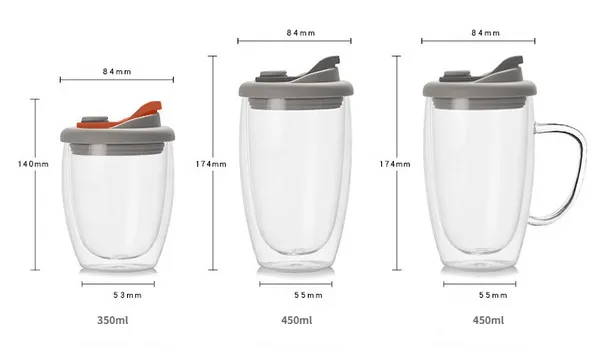
(clear glass storage containers)
FAQS on clear glass storage containers
Q: Are clear glass storage containers oven-safe?
A: Yes, our clear glass containers withstand oven temperatures up to 425°F/220°C. Always remove plastic lids before baking and avoid sudden temperature shocks. Perfect for cooking-to-storage convenience.Q: How do I prevent stains in clear glass food storage containers?
A: Soak stained containers in baking soda and vinegar solution for 30 minutes before washing. Avoid storing strongly colored foods like turmeric long-term. Glass naturally resists odors and discoloration better than plastic.Q: Do clear glass storage containers with lids lock in freshness effectively?
A: Absolutely! Our silicone-sealed lids create an airtight and leakproof barrier. Tested for humidity resistance, they keep dry goods crisp and leftovers moist for 3-5 extra days versus plastic alternatives.Q: Can clear glass food storage containers go in the freezer?
A: Safely freeze them with 1-inch headspace for liquid expansion. Thaw gradually at room temperature to prevent cracking – never microwave frozen glass directly. Tempered construction withstands freezer-to-fridge transitions.Q: Are these glass storage containers dishwasher safe?
A: Yes, both containers and lids (check manufacturer guidelines) are top-rack dishwasher safe. Position them securely to prevent chipping. Handwashing preserves lid gaskets longevity.-
Unparalleled Convenience by High Borosilicate Glass Bottle with a Cork LidNewsJul.17,2025
-
The Versatility and Convenience of Glass Salad Bowl SetsNewsJul.17,2025
-
The Practical Wide Application of High Borosilicate Glass Food Storage ContainerNewsJul.17,2025
-
High Borosilicate Colored Glass Bowl VS Soda-Lime Glass and Tempered GlassNewsJul.17,2025
-
Creativity with Customized Colored Glass Dinnerware Sets for SaleNewsJul.17,2025
-
Advantages Analysis of Double Wall French PressNewsJul.17,2025



